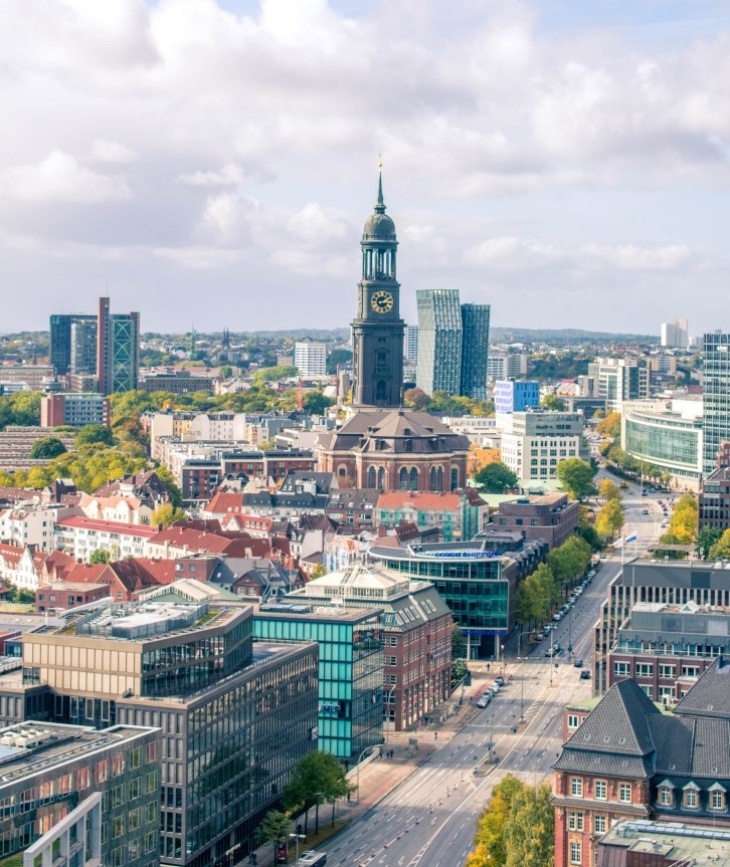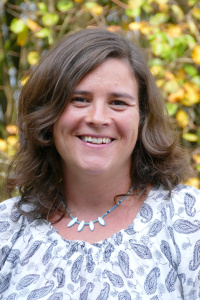Please note that most apartments in Germany are offered unfurnished. Some landlords at least provide kitchen equipment or cooking facilities; but this is not the standard. There is one exception in Berlin: Here, the landlord must at least provide cooking facilities and a sink in the flat. Therefore, find out in advance how your potential new flat is equipped and which things you will have to purchase yourself.
In addition, rental apartments are often offered idicating the cold rent or net cold rent. This means that this price is only for the use of the room. In addition, there are other ancillary costs (e.g. heating, water, refuse charges, street cleaning, stairwell cleaning) and costs for electricity, telephone and internet as well as broadcasting fees. Which costs belong to the ancillary costs is stated in the tenancy agreement. As a tenant, you usually have to take care of the corresponding supply contracts for electricity, gas (occasionally also water) and telephone and internet services yourself.
Moreover, it is important to consider that a period of notice is agreed in many rental contracts. This means that the apartment must be canceled in due time; otherwise the contract and the included obligation to pay rent will continue.
Normally you have to pay a deposit (of a maximum of three months' rent) when moving into an apartment. You will receive this back with interest when you move out, provided no damage was caused by you. Therefore, the rooms and the existing equipment should be treated with care and always be held in a clean and tidy condition.
When you move into an apartment in Germany, you must pay the broadcasting contribution of €18.36 per month (as of 2021). This contribution is due for the use of public media such as television or radio broadcasting. It does not matter whether you use these channels or not. As soon as you move into an apartment, you are liable to pay the contribution.
For more information please visit the website of the broadcasting service.
It is also advisable to read the house rules thoroughly to avoid possible trouble with neighbours or other people. On weekdays, there is a legally regulated rest period from 10 p.m. to 6 a.m.[/b], which should be observed in any case. On Sundays and public holidays, there is generally Sunday and bank holidays quiet time.
General information:
- To avoid mold in your home, you should ventilate well at least twice a day (morning and evening). Just tilting the window is not sufficient.
- Electricity, heating and hot water are very expensive. The less energy you use, the more you can save money and conserve resources. Many tips are very easy to implement.
- Here you can find tips from the consumer advice center on saving energy in everyday life
- The sockets in German apartments are designed for type F and type C plugs (220-240-volt/50-Hz a/c). Remember to bring an adapter if necessary.
- In Germany, there is a system for separating waste in order to recycle raw materials properly. Lightweight packaging made of metal, composite material (e.g. milk cartons) and plastic belong in the yellow bin/yellow sacks. The blue garbage can is for waste paper, cardboard and carton. The organic garbage can (green or brown) is used for compostable products and the black garbage can for residual waste. There are also containers in public places where you can throw your glass containers in.
- You can find information about waste separation at handbookgermany.de/en
- The German sewage system is well constructed. Because of this, the toilet paper can be thrown into the toilet. The trash can next to it is mainly for other garbage.
- Public restrooms are usually separated by gender. The letters on the door indicate who should go where: "H" for men (German: "Herren") and "D" for women (German: "Damen"). Sometimes there is only one toilet for everyone, for example on trains or airplanes. These are simply titled "WC".
- Tap water in Germany is regularly checked and tested. It can be used as drinking water without worries.



